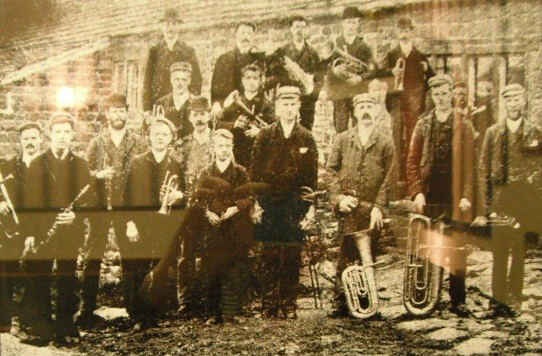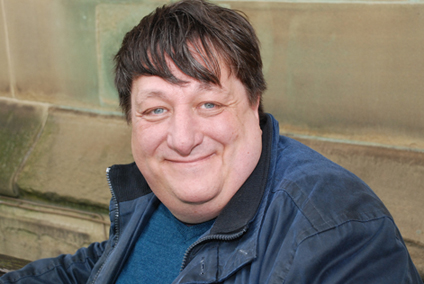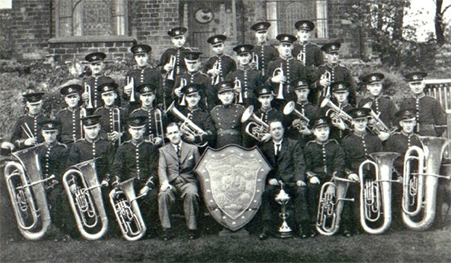Free brass band history course – limited places!

Tue, 08 Dec 2015 14:11:00 GMT
Dr Stephen Etheridge will explore the role of brass band music in the working class communities of the South Pennines
BRASS bands have long provided the soundtrack to England’s industrialised North. Is it just a cliché or is there sociological and historical substance to this musical convention? A University of Huddersfield expert on the role of brass music in the working class communities and culture of the region will explore the topic in a series of free talks that will also enable the public to examine fascinating archival material.
 Dr Stephen Etheridge (pictured) – a trombone player himself – has been awarded his PhD at the University, for a thesis entitled “Slate-Grey Rain and Polished Euphoniums”: Southern Pennine Brass Bands. The Working Class and the North, c. 1840-1914.
Dr Stephen Etheridge (pictured) – a trombone player himself – has been awarded his PhD at the University, for a thesis entitled “Slate-Grey Rain and Polished Euphoniums”: Southern Pennine Brass Bands. The Working Class and the North, c. 1840-1914.
This is also the title and theme of his course, taking place at the University of Huddersfield’s Heritage Quay archives centre. There are three sessions on Wednesdays 3, 10 and 24 February, 2016 (from 6.30pm to 8.30pm) and FREE places can be reserved by visiting https://www.eventbrite.co.uk/e/slate-grey-rain-and-polished-euphoniums-tickets-18781577203.
The course will examine the history of brass bands in the areas surrounding Huddersfield, with a particular focus on historical material from Slaithwaite Band, which has deposited its archives in the University’s Heritage Quay Archive. The sessions will draw on some of this material as they help shed light on how and why the bands are such a powerful symbol of class and region in West Yorkshire and the wider Southern Pennines.
Dr Etheridge will describe his findings, hold discussions with the audience and display some of the original material he acquired during his researches.
 The Victorian desire that the working classes should engage in “rational recreation” led industrialists to subsidise their workers’ bands, purchasing instruments and uniforms.
The Victorian desire that the working classes should engage in “rational recreation” led industrialists to subsidise their workers’ bands, purchasing instruments and uniforms.
“I argue that the bands were fully complicit, in that they knew how to manipulate employers to get the money!” said Dr Etheridge.
There was a colossal density of bands in the South Pennine areas of Lancashire and Yorkshire and they became an important focus for the community, with brass band contests being followed avidly.
“They were great days out for the whole community. For the 1857 Belle Vue contest in Manchester, the mills of the Rossendale Valley were closed for the day. It is an atmosphere that can still be sampled by a visit to the Whit Friday band contests in Saddleworth – living history,” said Dr Etheridge.
Stephen Etheridge played trombone in the Staffordshire Youth Brass Band before relocating to Yorkshire to study at the Leeds College of Music. This led to career as a freelance trombonist and teacher before switching to academic research, culminating in his University of Huddersfield doctorate.
“My overall goal is to show how music can be social history,” said Dr Etheridge.







